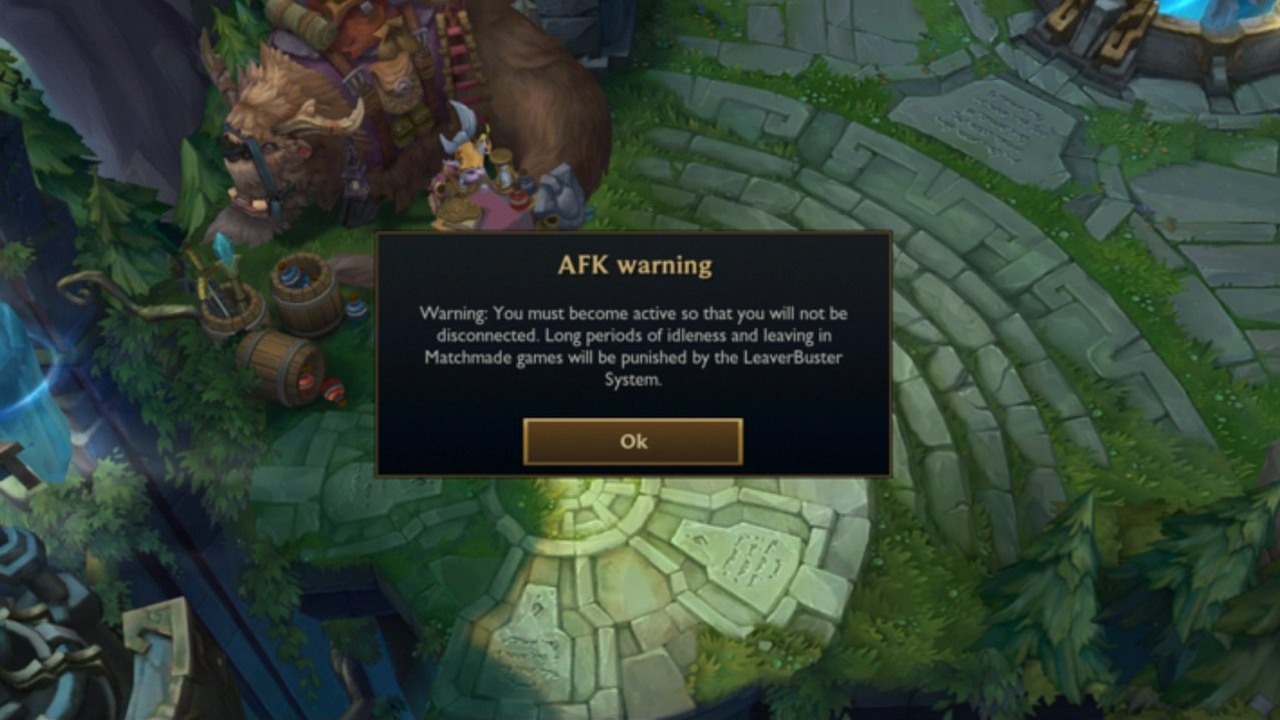Timeline Tales
Exploring the stories that shape our world, one timeline at a time.
Griefing in CSGO: When Fun Turns into Frustration
Discover the dark side of CSGO as we dive into griefing—when gaming fun spirals into frustration. Find out how to cope!
Understanding Griefing in CSGO: Types and Consequences
Understanding griefing in CSGO (Counter-Strike: Global Offensive) is essential for both players and the gaming community at large. Griefing refers to intentional acts that disrupt the gaming experience of others, often leading to frustration and decreased enjoyment. There are various types of griefing, including team-killing, sabotaging objectives, and voice chat trolling. Team-killing is one of the most common forms where a player kills their teammates, either for fun or as retaliation. Sabotaging objectives can involve failing to plant or defuse bombs deliberately, while voice chat trolling disrupts communication among team members, leading to poor coordination and strategy.
The consequences of griefing in CSGO can be severe, impacting not only the offending player but also the entire team. Players who engage in griefing can face penalties such as temporary bans, loss of matchmaking privileges, and a tarnished reputation within the gaming community. Moreover, consistent griefing behavior can lead to a toxic environment, discouraging new players from participating in the game and affecting player retention. It is crucial for the community to recognize and address griefing to maintain a healthy gaming environment that promotes cooperation and enjoyable gameplay for all.

How to Address Griefing in CSGO: Tips for Players
Griefing in CSGO can be a frustrating experience for players, often ruining the enjoyment and competitiveness of the game. To effectively address this issue, it's important to recognize the signs of griefing, such as intentional team killing, blocking teammates, or sabotaging objectives. First, players should utilize the in-game reporting system to flag negative behavior by other users, ensuring that malicious players are held accountable. Additionally, communicating with your team through voice or text chat can help to mitigate situations before they escalate, reminding teammates of the importance of teamwork.
Another effective strategy to deal with griefing in CSGO is to focus on personal improvement and resilience. Instead of getting frustrated, players can concentrate on their gameplay and strive to adapt to challenging situations. This includes developing strong aim and strategy skills, which can help to counteract the negative impact of a griefer on the team. Joining community forums or support groups can also provide players with additional resources and tips on coping with griefing. Remember, maintaining a positive mindset and fostering teamwork are essential to enjoying the game despite any disruptive behavior.
Can Griefing Ruin the Fun in CSGO? Exploring the Impact on Gameplay
Griefing, a term used to define disruptive behavior in online gaming, has become a significant concern within the CSGO community. Players engaging in griefing often intentionally harm their teammates or sabotage the game to create frustration and chaos. This behavior can manifest through various actions, such as team-killing, blocking players' paths, or using in-game resources against their own team. Such actions not only detract from the overall enjoyment of the game but can also lead to a toxic atmosphere, discouraging players from returning to the battlefield.
The impact of griefing on CSGO gameplay can be profound and far-reaching. Players who experience frequent disruptions may find themselves less motivated to engage with the game, resulting in a decline in the community's overall enjoyment and participation. Moreover, these negative experiences can lead to a cycle where frustrated players may also start to engage in griefing as a form of retaliation. This vicious cycle poses the question: can griefing truly ruin the fun in CSGO? The answer lies in the collective responsibility of players to foster a positive gaming environment, working together to combat disruptive behaviors and ensure that everyone can enjoy the thrill of competitive play.